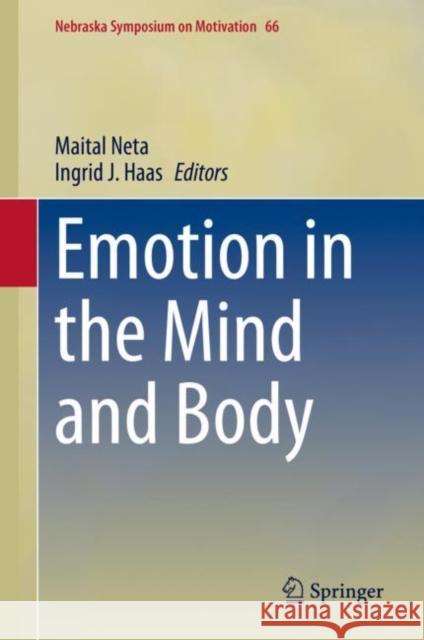Emotion in the Mind and Body » książka
topmenu
Emotion in the Mind and Body
ISBN-13: 9783030274726 / Angielski / Twarda / 2019 / 272 str.
Emotion in the Mind and Body
ISBN-13: 9783030274726 / Angielski / Twarda / 2019 / 272 str.
cena 606,65
(netto: 577,76 VAT: 5%)
Najniższa cena z 30 dni: 539,74
(netto: 577,76 VAT: 5%)
Najniższa cena z 30 dni: 539,74
Termin realizacji zamówienia:
ok. 16-18 dni roboczych.
ok. 16-18 dni roboczych.
Darmowa dostawa!
Kategorie:
Kategorie BISAC:
Wydawca:
Springer
Seria wydawnicza:
Język:
Angielski
ISBN-13:
9783030274726
Rok wydania:
2019
Wydanie:
2019
Numer serii:
000016140
Ilość stron:
272
Waga:
0.57 kg
Wymiary:
23.39 x 15.6 x 1.75
Oprawa:
Twarda
Wolumenów:
01
Dodatkowe informacje:
Wydanie ilustrowane











